Emotional and relevant story of acclaimed calligrapher and general comes to life in new production that merges tradition and innovation in its characters, music and stage design, Chen Nan reports.
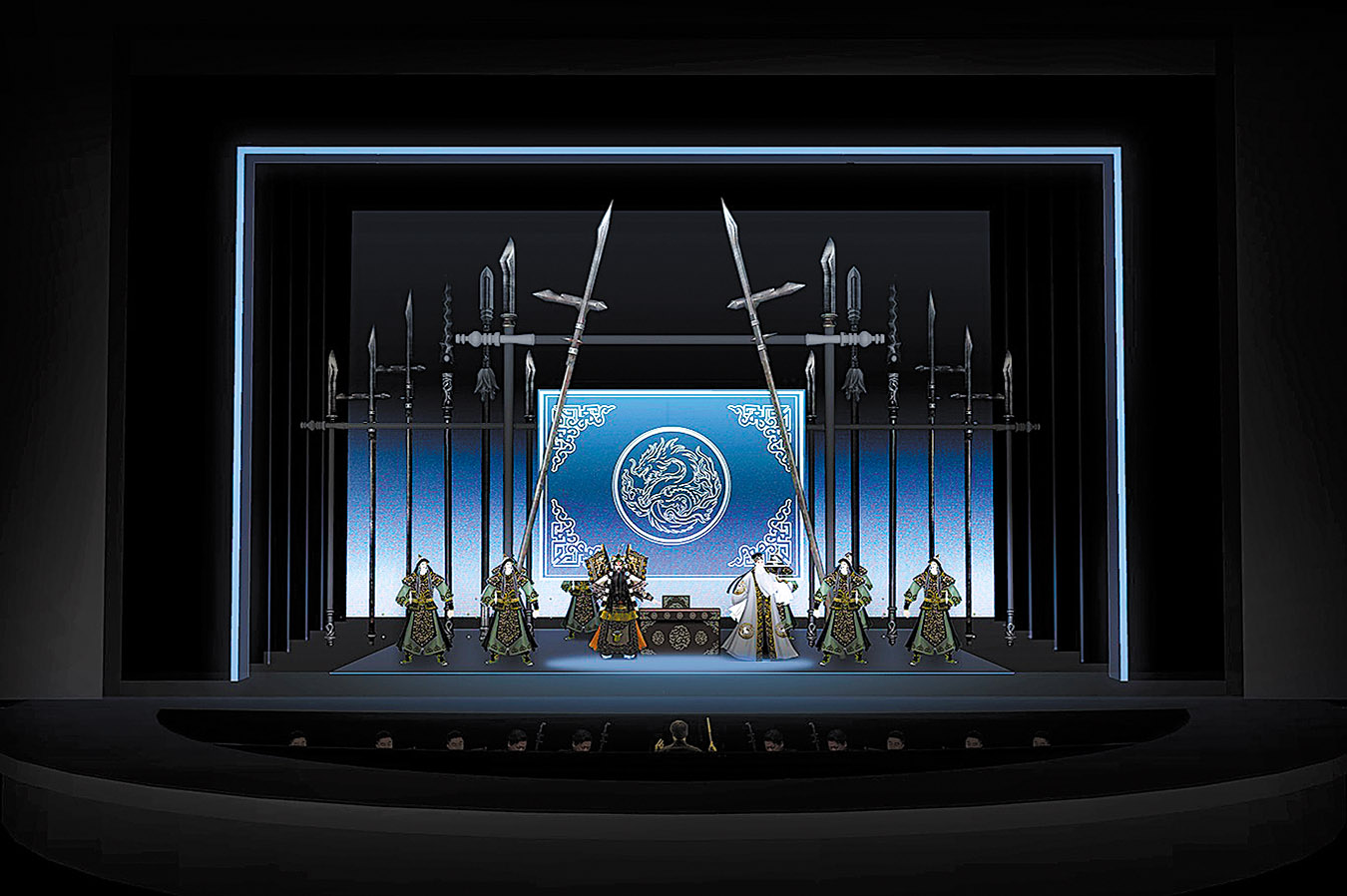
A sweeping tale of patriotism, sacrifice, and unyielding loyalty is set to take center stage at the National Centre for the Performing Arts in Beijing this September.
Yan Zhenqing, a new Peking Opera production jointly created by the NCPA and the Jingju Theater Company of Beijing, will capture the indomitable spirit of one of the country's most revered figures, Yan Zhenqing, an acclaimed calligrapher and general.
This new production will premiere at the NCPA on Sept 17, and run till Sept 21.
READ MORE: Peking Opera diva is pitch perfect for role
Set against the backdrop of the chaotic An-Shi Rebellion (755-763) and the turbulent years of the Tang Dynasty (618-907), Yan Zhenqing portrays a man who made the ultimate sacrifice for his nation. Known not only for his remarkable calligraphy but also for his courage on the battlefield, Yan stood resolute in the face of immense adversity.
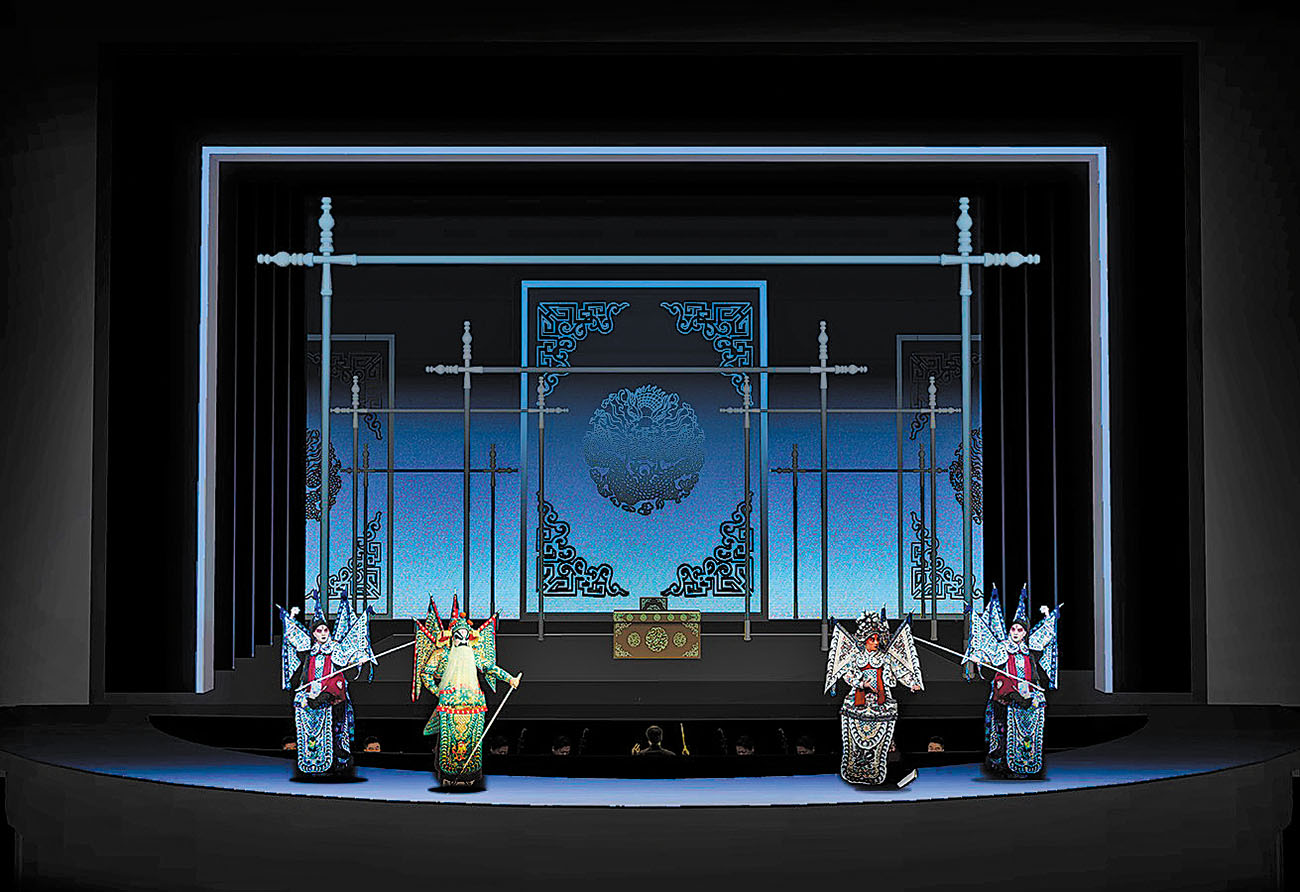
At 75, he rode into battle, defying the odds to resist corruption and protect his people. His unwavering loyalty and moral integrity resonate with timeless relevance — qualities that make his story a powerful vehicle for exploring national identity, loyalty and selfless devotion.
The plotline of the Peking Opera production centers around Yan's transformation from scholar to national hero. As the curtain rises, the narrative thrusts audiences into the man's emotional and moral dilemmas as he confronts his loyalty to the emperor, commitment to justice, and ultimate sacrifice. It isn't just the retelling of a historical figure but a story of enduring values that transcend time.
"Yan's patriotism and sense of responsibility align with the values that are essential for contemporary society. His unwavering commitment to his beliefs, particularly in the most challenging moments, inspires younger generations who are facing their own struggles," says Zhang Yao, vice-president of the NCPA.
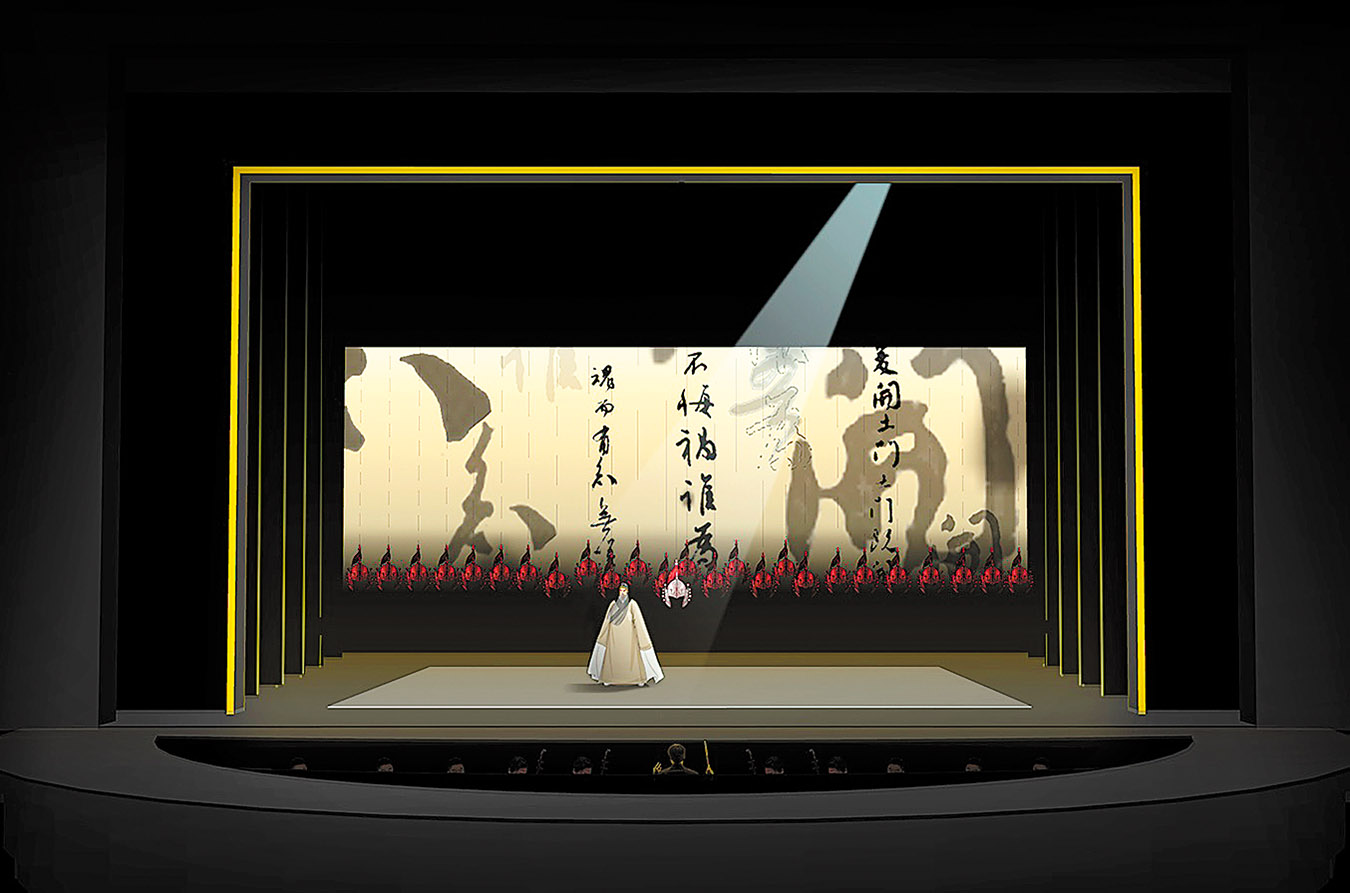
The production aims to not only fill a historical gap in the public's understanding of this iconic figure but also to revitalize Peking Opera for modern audiences, he notes.
"We are taking a bold step in making Peking Opera a living, breathing art form that resonates with the challenges of today," Zhang says.
The production's rich musical score, grounded in traditional Peking Opera style, is infused with local influences from Shaanxi province, where Yan was an official of Chang'an (today's Xi'an), the capital of the Tang Dynasty, giving the piece an innovative edge.
Paired with a sophisticated multimedia stage design, the production provides a fresh, immersive experience while staying true to the essence of the art form, says its director Li Zhuoqun, known for her creative fusion of tradition with modern technology, allowing for an expansive visual narrative that enhances the story's drama while still honoring the customs of Peking Opera's visual language.
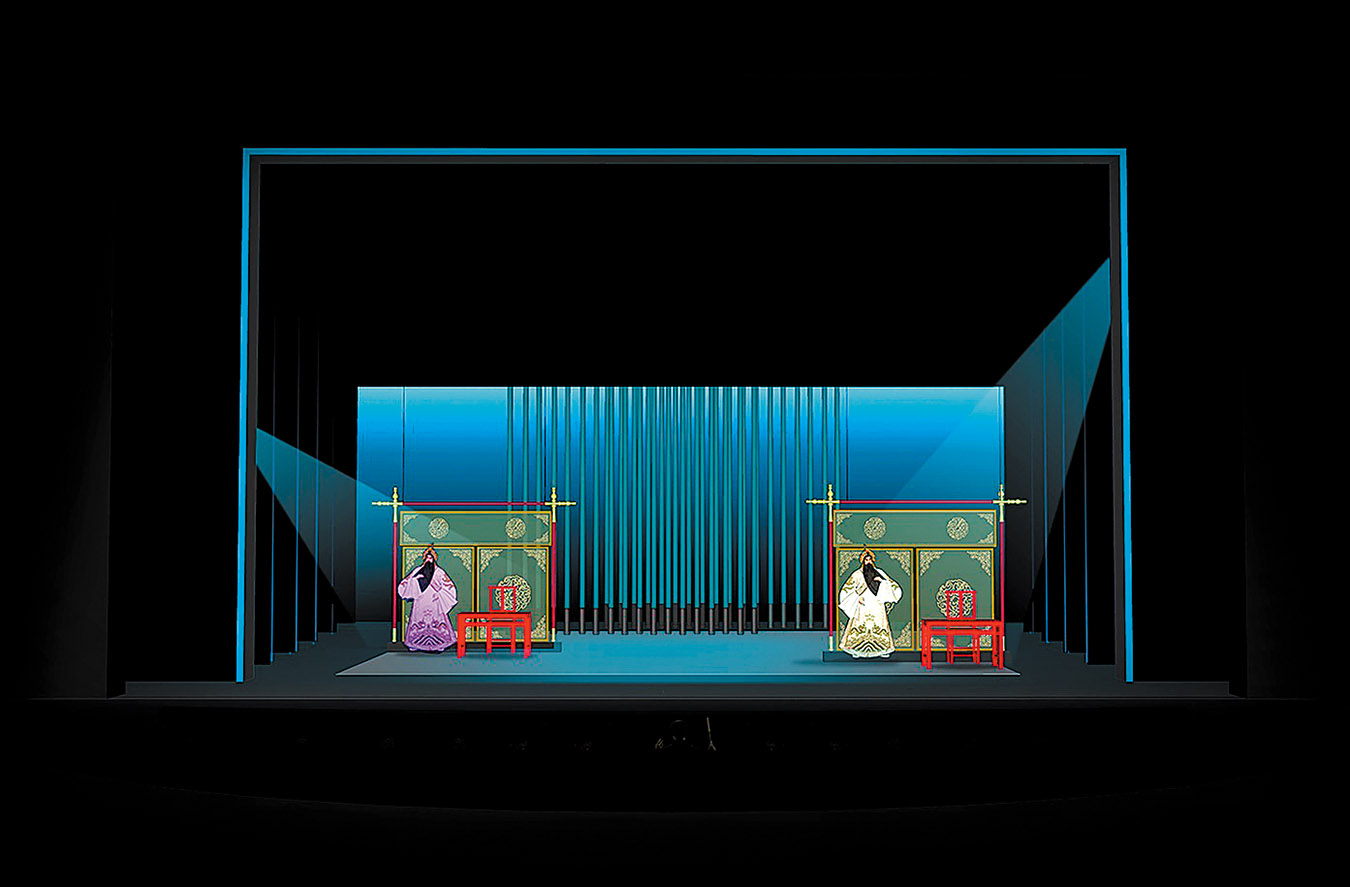
Known as jingju, Peking Opera originated over 200 years ago and was recognized as a UNESCO Representative List of Intangible Cultural Heritage of Humanity in 2010.It merges various art forms, such as singing, dancing, martial arts and acrobatics.
"Peking Opera, deeply rooted in traditional Chinese culture, captures Yan's heroic struggles and righteousness and the intricacies of his character in a way that resonates emotionally with the audience," says Li, 39.
Zhu Shaoyu, 79, the production's composer and vocal designer, has crafted scores that balance the story's historical depth with emotional resonance. Drawing from classic Peking Opera melodies and regional musical traditions, the composition is both familiar and innovative.
"Each character in Peking Opera has their own specific melodic patterns that reflect their personality and role in the story. In this new production, there are nearly all the character types in Peking Opera — from dan (female roles) and sheng (male roles) to hualian (painted-faced roles) — which makes the music styles diversified and rich," says Zhu.
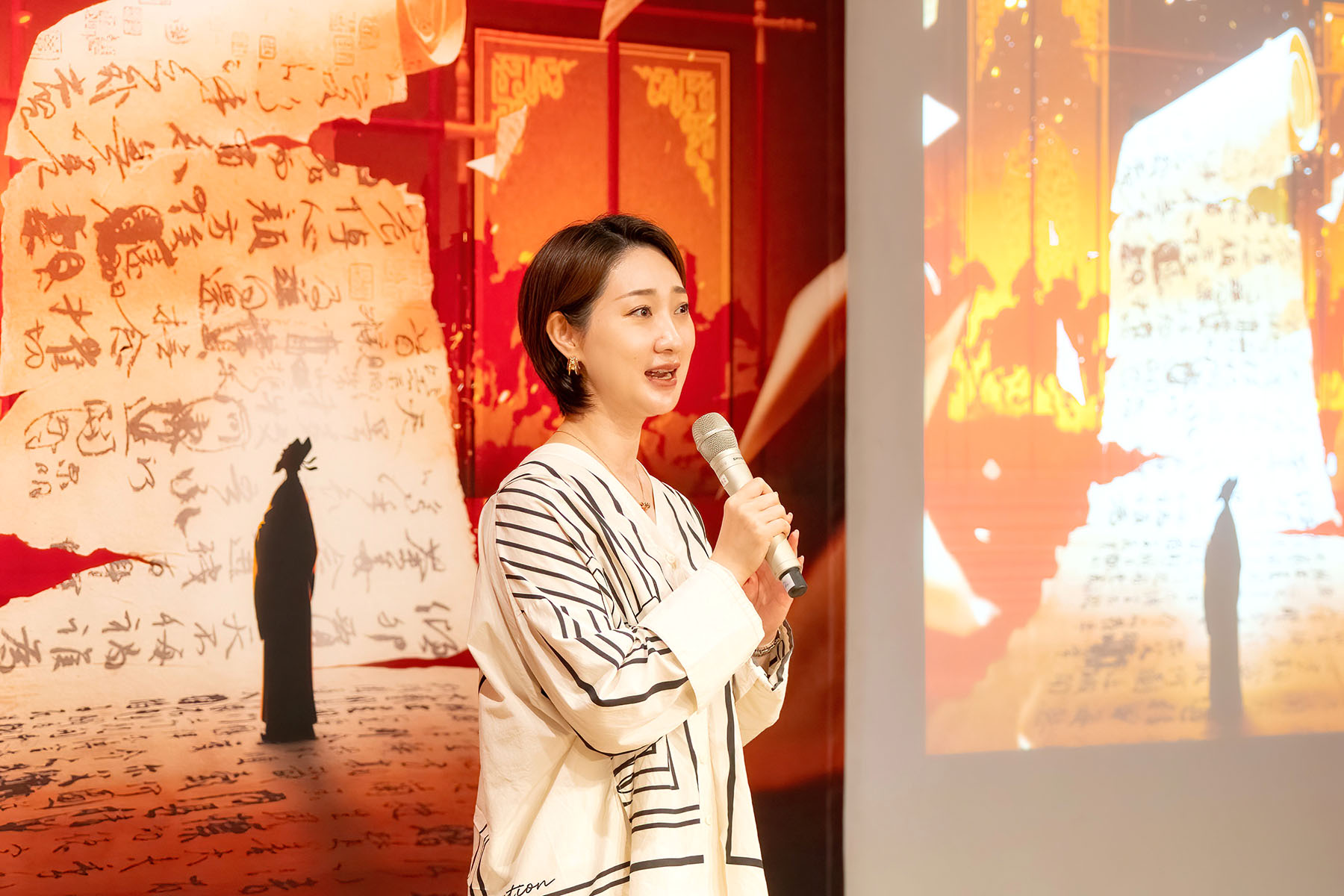
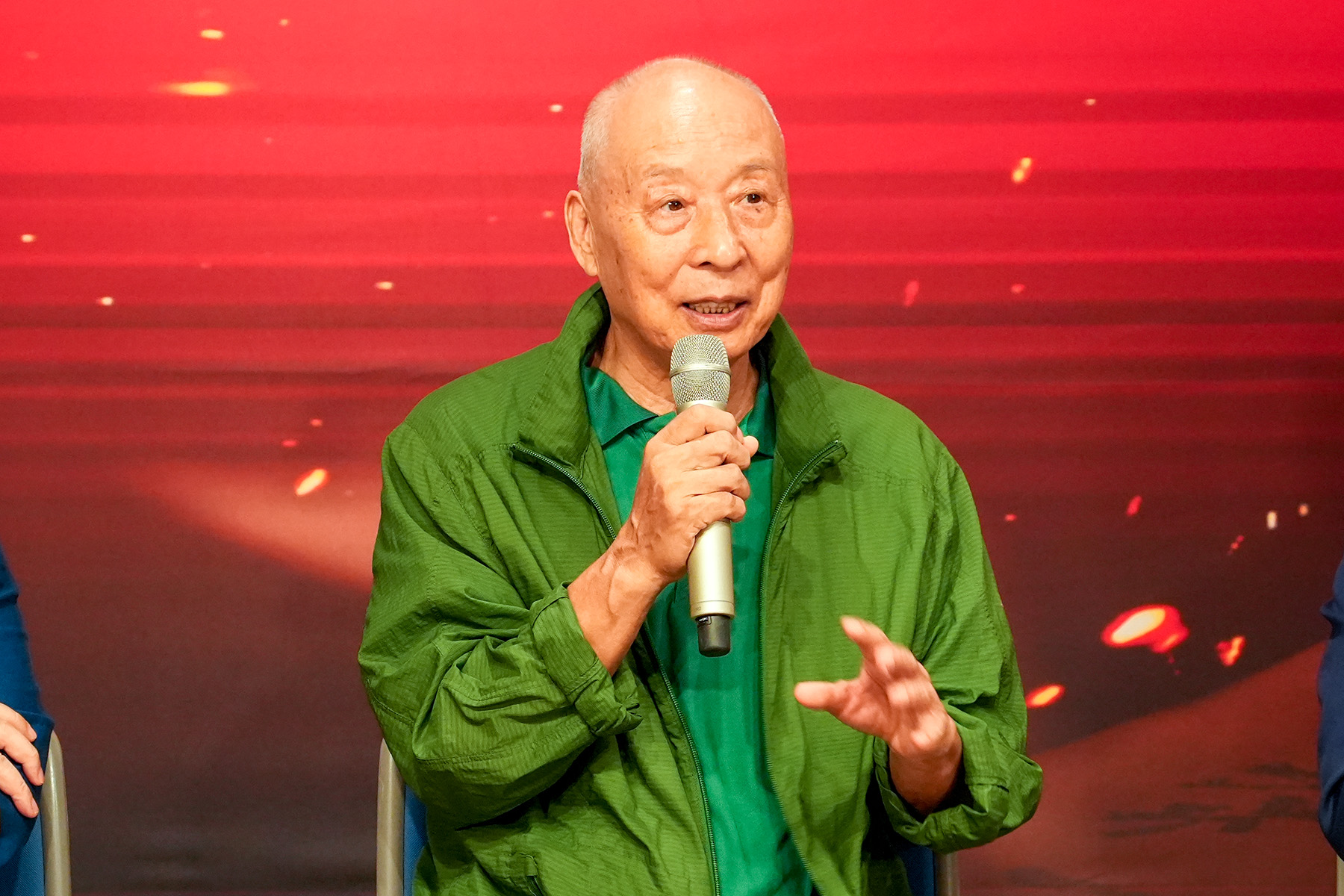
For example, Peking Opera actor Zhang Jianfeng, who portrays Yan, has a deep tenor to his voice. His performance serves as a poignant reminder of the character's inner strength. The stirring melodies of the role's arias are full of pathos and resolve, expressing the emotional depth of a man who, despite the weight of a national crisis, remains steadfast in his love for his country.
Gao Guangjian, the visual director and stage designer, has created a dynamic set, infusing both traditional and contemporary aesthetics. This multilayered stage setting allows for fluid scene transitions, reflecting Yan's turbulent emotional journey. Every element, from grand visual effects to precise choreography, has been crafted to immerse the audience in Yan's life and struggles.
"Unlike the other creative members, I have no background in Peking Opera. I only did productions for Peking Opera," says Gao, who is best known for his work on the 1998 production of Giacomo Puccini's Turandot, directed by Chinese filmmaker Zhang Yimou, at the Forbidden City in Beijing. "It allowed me to think of and envision the stage with a fresh perspective. I love elements of Peking Opera shows, so I amplify those elements in my designs."
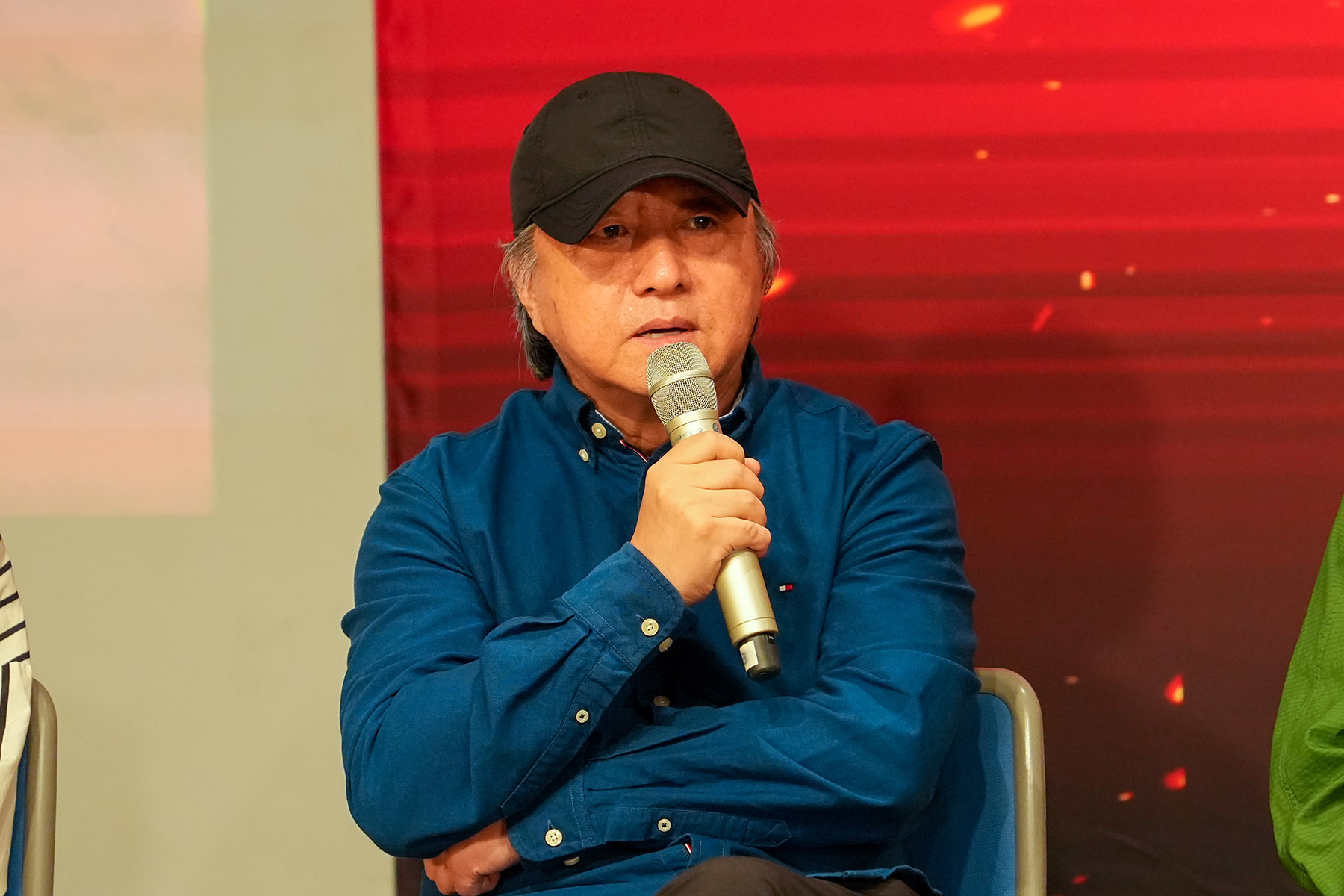
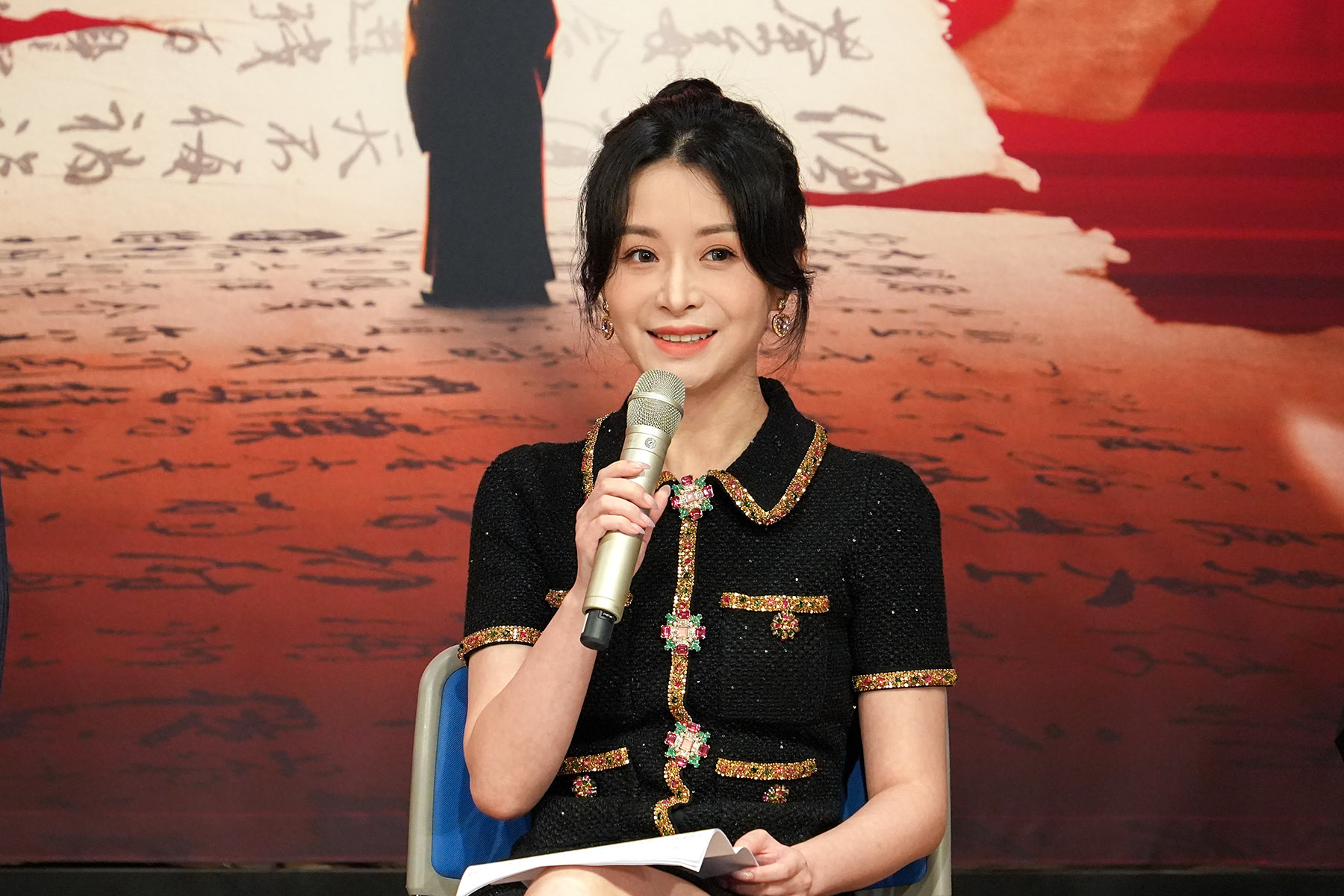
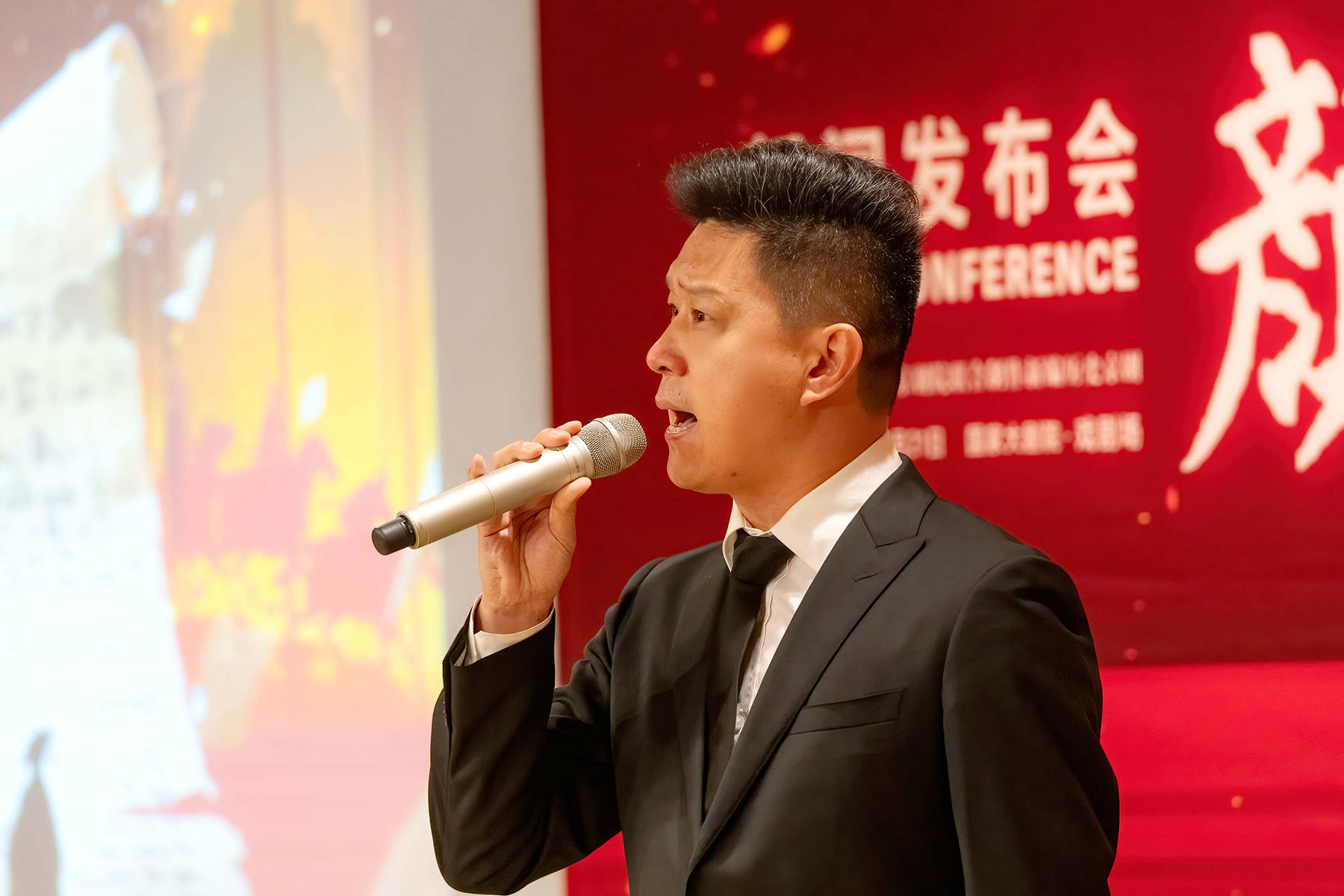
This time, Gao locates rods, a commonly seen stage prop used in Peking Opera productions, which are mostly used by male roles during martial arts scenes to enhance their stage presence.
ALSO READ: Tradition finds a young voice
Gao applies the rods as a tool for space division and scene symbolism. The actors can use the rods to symbolize weapons or battle scenes. In a more majestic and dignified setting, such as the imperial court, the rod can be used more subtly to signify power and authority.
Before Yan Zhenqing, the NCPA and the Jingju Theater Company of Beijing collaborated on other Peking Opera productions, including Red Cliff in 2008, the first Peking Opera production by the NCPA a year after it opened; and You and Me in 2013 by film director Zhang Yimou.
Contact the writer at chennan@chinadaily.com.cn


